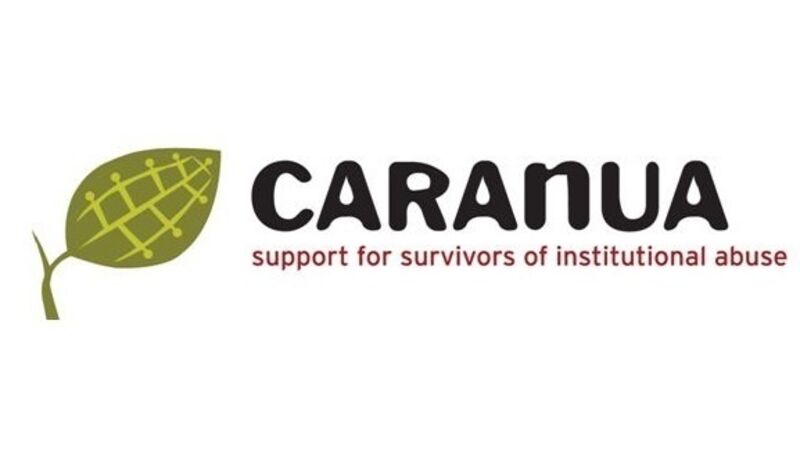200 new abuse victims claim on fund

More than 200 institutional child abuse victims sought housing, health, or other aid for the first time in the two months coming up to the final deadline for claims from the Caranua fund.
Try from €1.50 / week
SUBSCRIBENiall Murray, Education Correspondent
More than 200 institutional child abuse victims sought housing, health, or other aid for the first time in the two months coming up to the final deadline for claims from the Caranua fund.
Already a subscriber? Sign in
You have reached your article limit.
Annual €130 €80
Best value
Monthly €12€6 / month
Introductory offers for new customers. Annual billed once for first year. Renews at €130. Monthly initial discount (first 3 months) billed monthly, then €12 a month. Ts&Cs apply.
CONNECT WITH US TODAY
Be the first to know the latest news and updates
Newsletter
Keep up with stories of the day with our lunchtime news wrap and important breaking news alerts.
Monday, February 9, 2026 - 6:00 AM
Monday, February 9, 2026 - 8:00 AM
Monday, February 9, 2026 - 12:00 PM
© Examiner Echo Group Limited